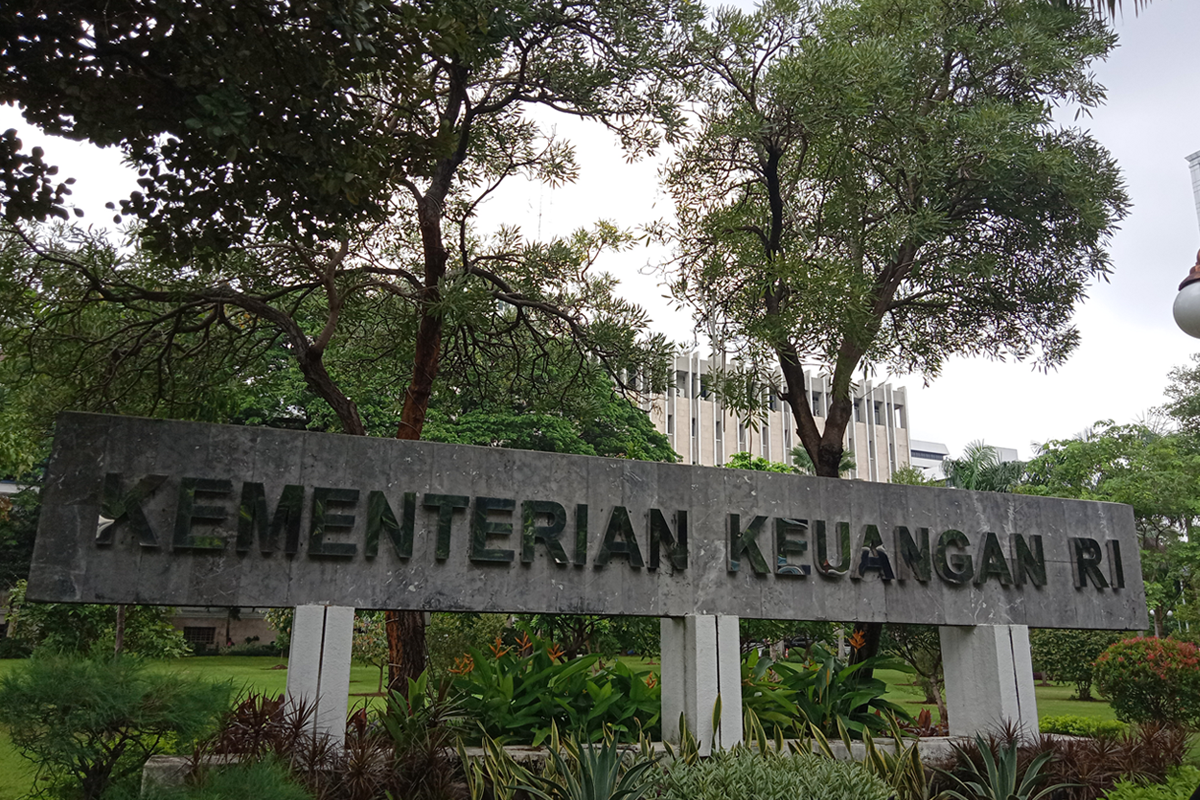Government Releases PMK 81/2024 on Coretax, 42 Old Regulations Revoked
Asep Munazat
|
Wednesday, 06 November 2024

To implement the Coretax System, the government has released Minister of Finance Regulation (PMK) Number 81 of 2024 to ensure its implementation is more transparent, effective, efficient, accountable, and flexible.
This regulation, which will take effect on January 1, 2025, results in the revocation of 42 outdated tax regulations, as they are no longer relevant to the Coretax system's implementation.
The regulation spans 642 pages and is divided into six chapters. It specifically covers several key areas, including the following.
Read: Waiting for Coretax to Launch, DGT Delays the VAT Centralization by Position
Regulatory Substance of PMK 81/2024
First, regarding the procedures for exercising rights and fulfilling tax obligations and issuing, signing, and sending decisions and electronic documents.
Second, regarding the procedures for taxpayer registration, confirmation of VAT-Registered Person, and registration of Land and Building Tax (L&B tax) objects.
Third, the procedures for tax payment, tax deposits, refunds of tax overpayments that should not be payable, interest compensation, and refunds of tax overpayments.
Fourth, procedures for submitting and processing Tax Return (SPT). Fifth, procedures for providing tax administration services.
Read: Post-Coretax: 14 Taxpayer Registration Procedures Changed, Here is the Details
Increasing Tax Revenue
According to Dwi Astuti, Director of Extension, Services, and Public Relations (P2 Humas) of the Directorate General of Taxes (DGT), the issuance of PMK Number 81 of 2024 is a follow-up to Presidential Regulation Number 40 of 2018.
She further explained that the implementation of Coretax aims to increase tax revenue and support the national economy. "Therefore, it is necessary to restructure tax regulations in a fair manner that provides legal certainty," said Dwi in her statement.
Previously, as part of the Coretax system implementation, the government had also introduced the use of the Population Identity Number (NIK) as the Taxpayer Identification Number (TIN). However, the use of NIK and other TIN formats consisting of 16 digits will be implemented gradually. (ASP/KEN)


